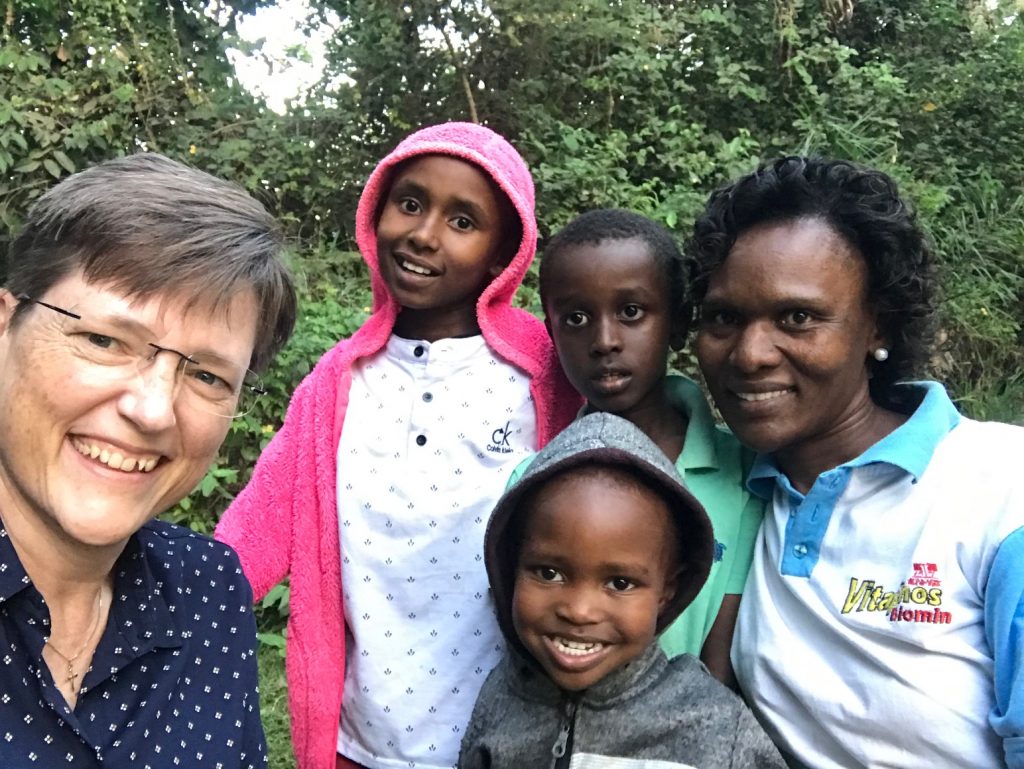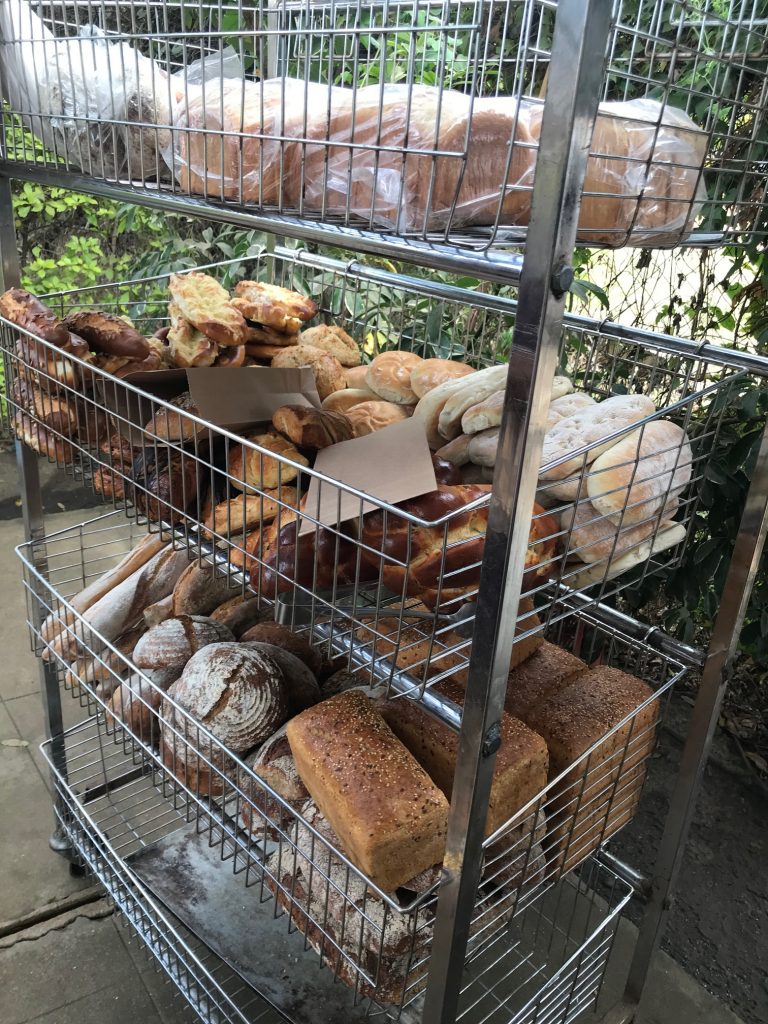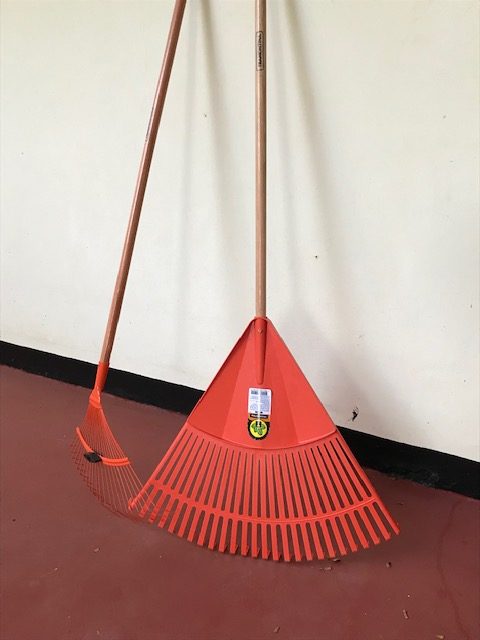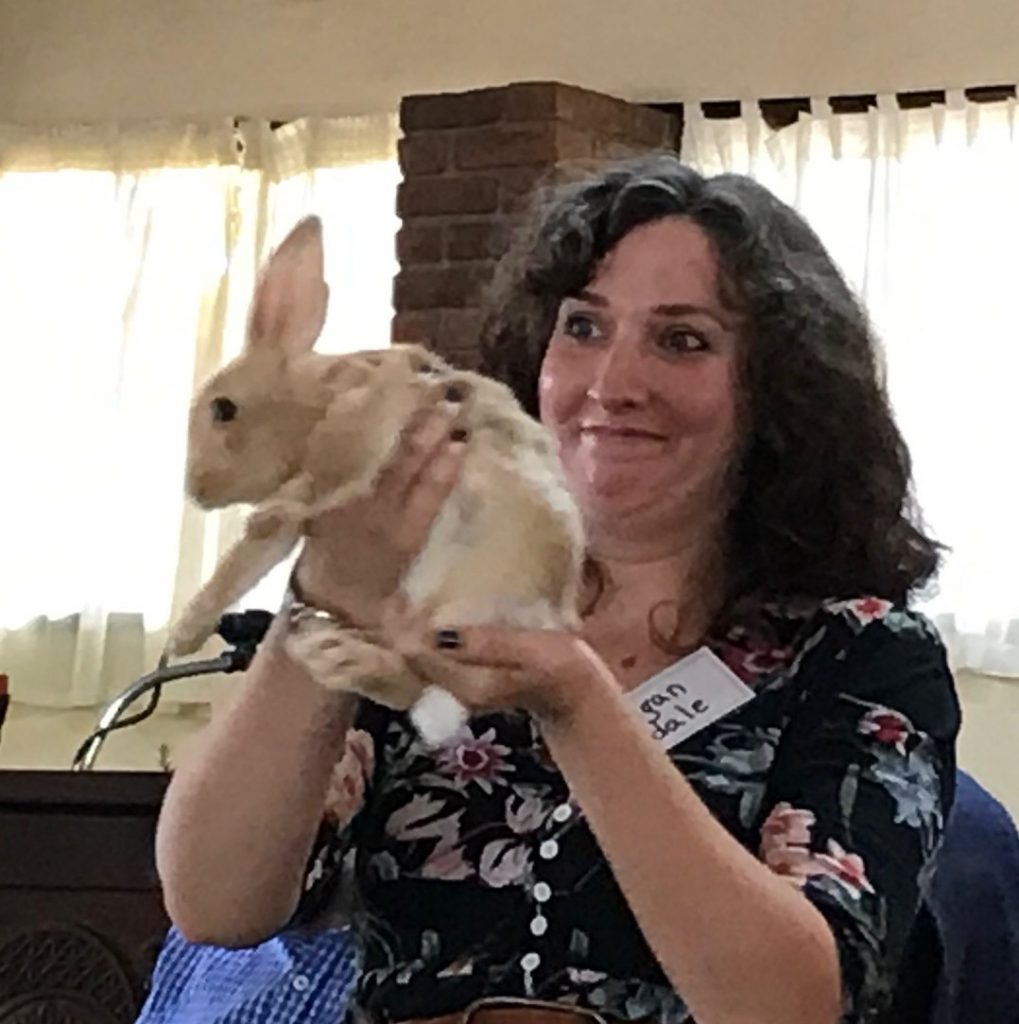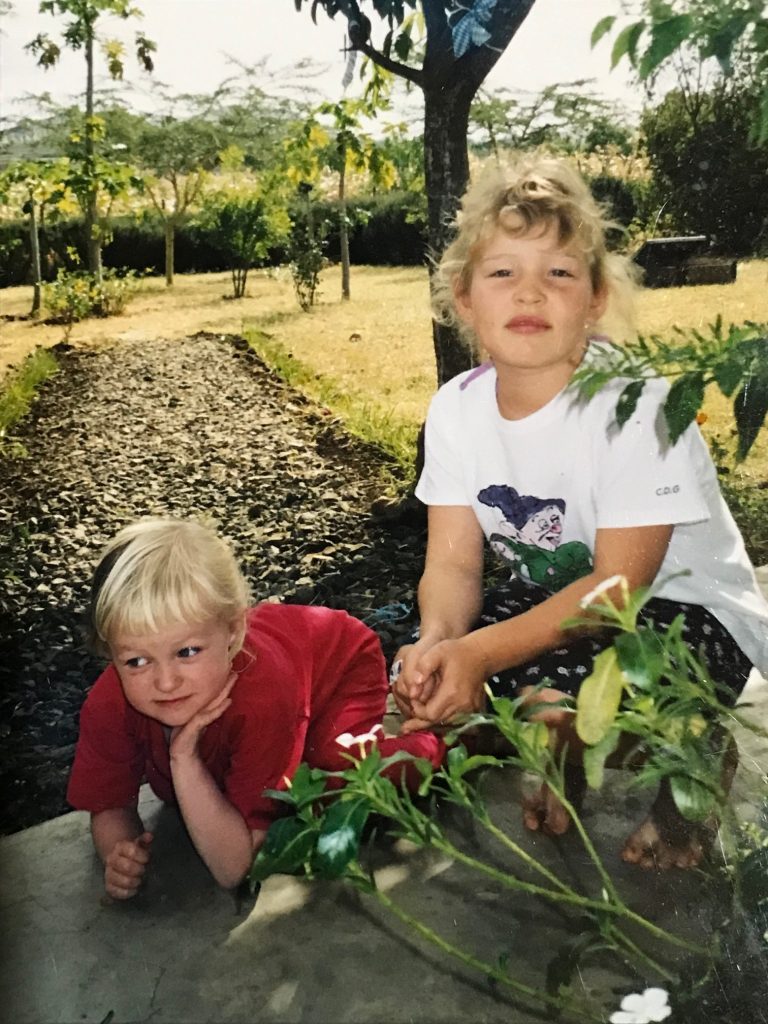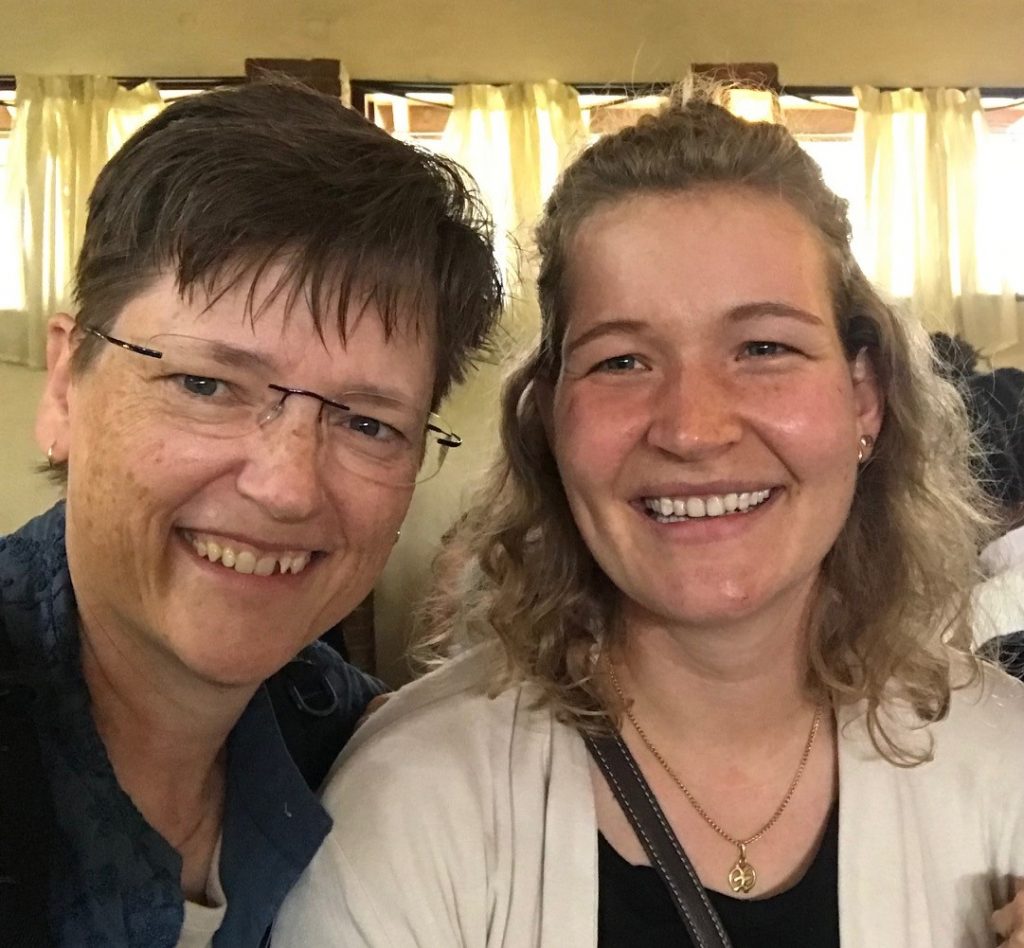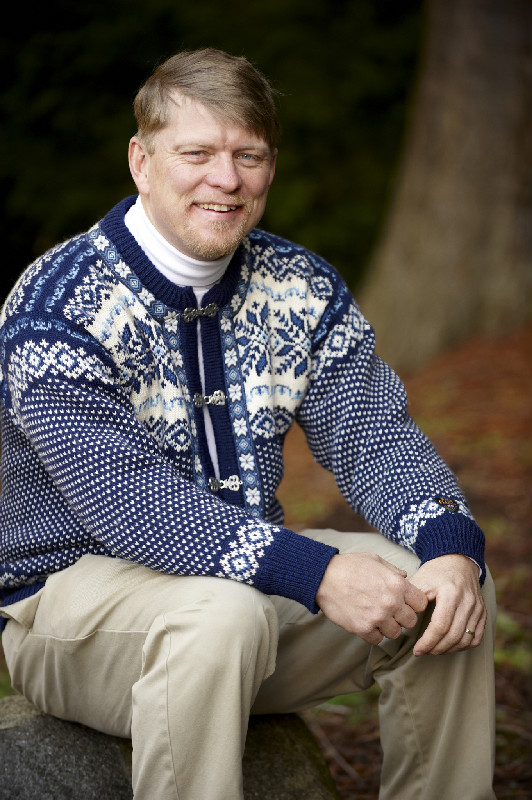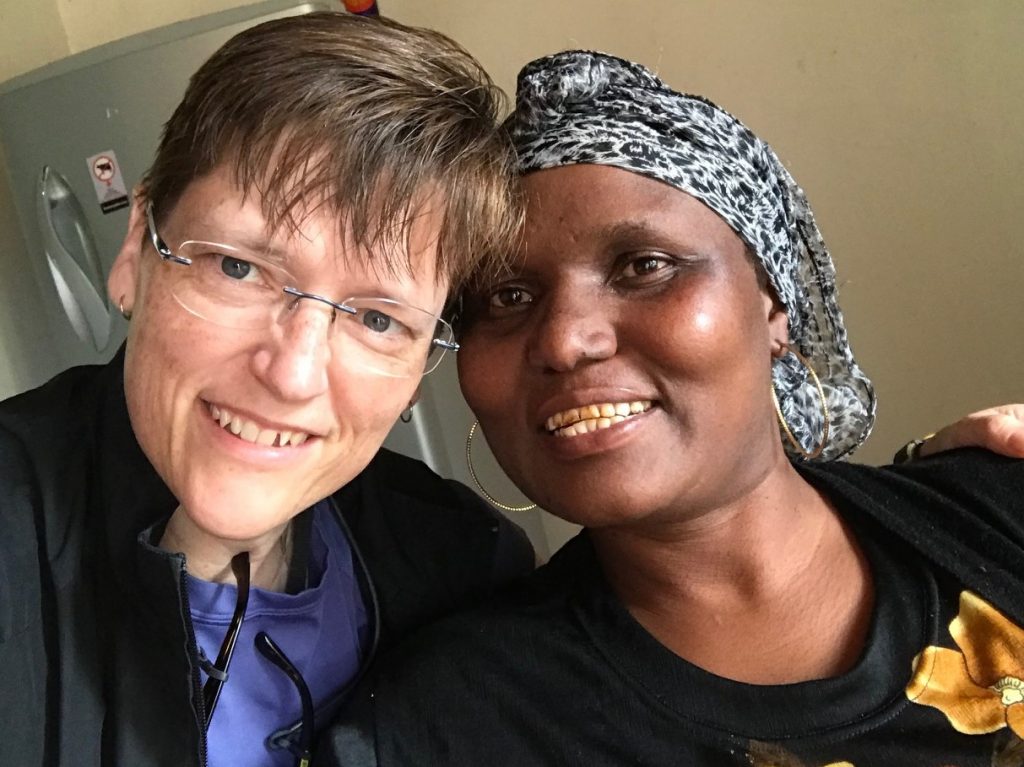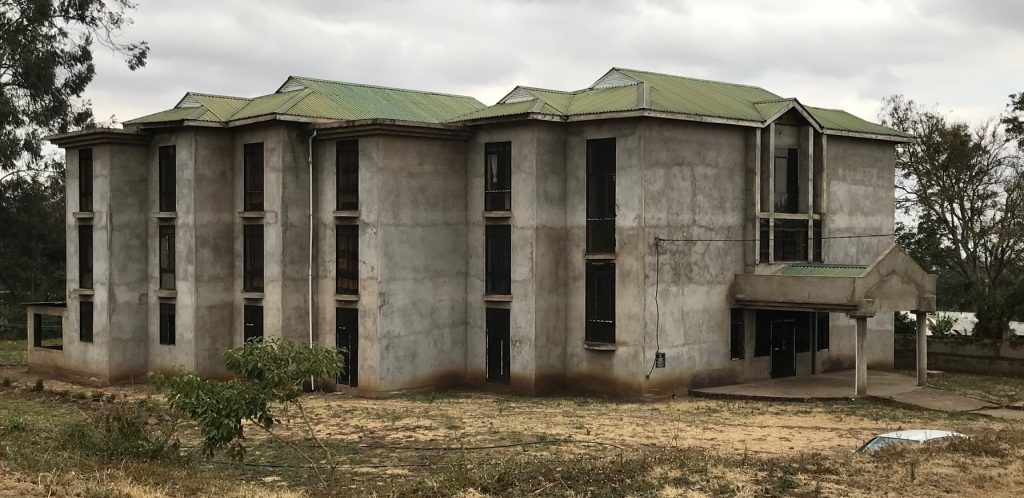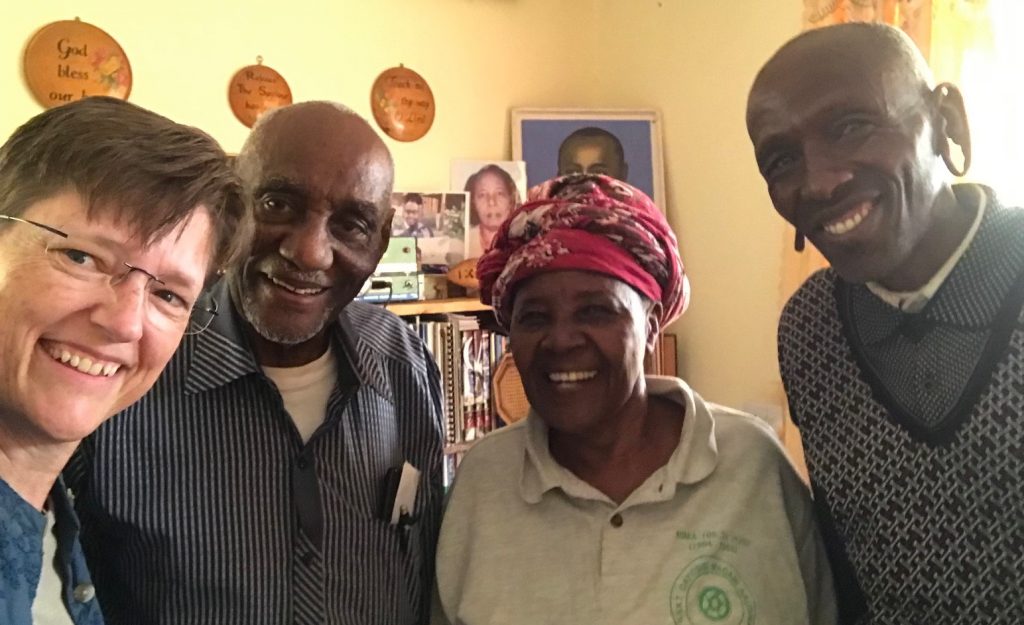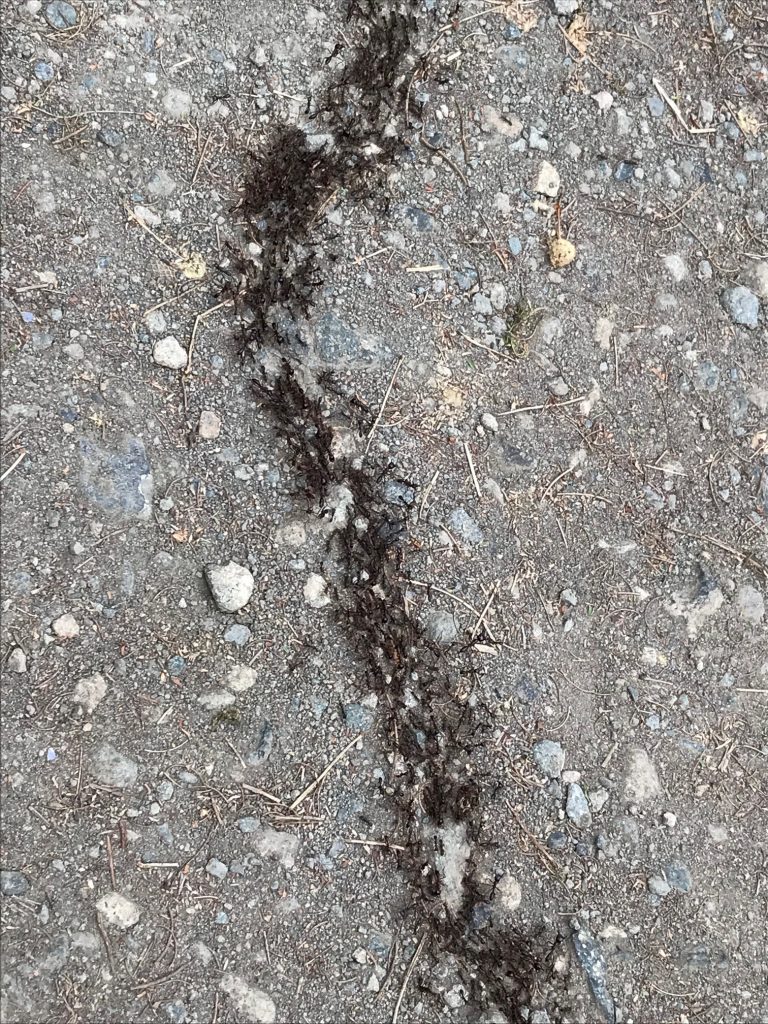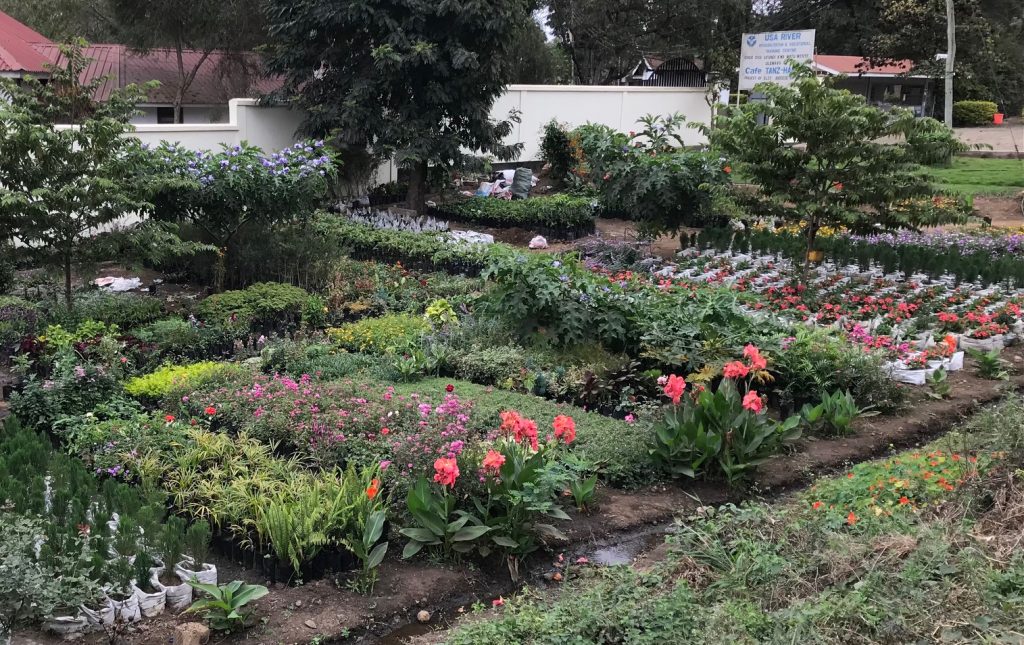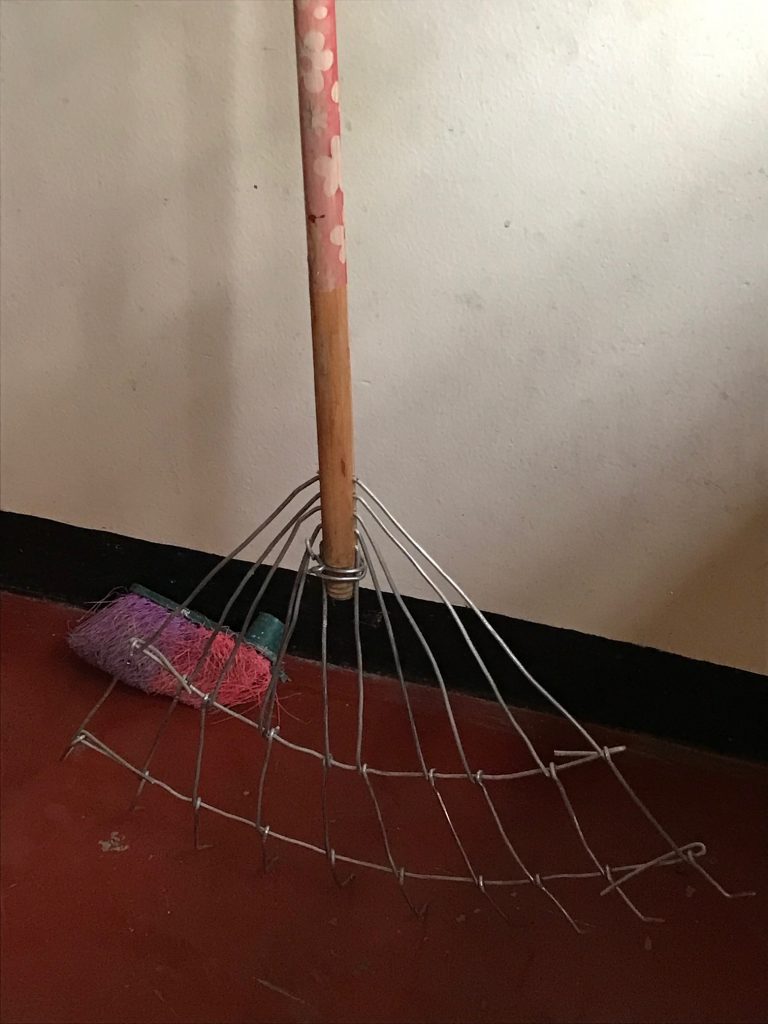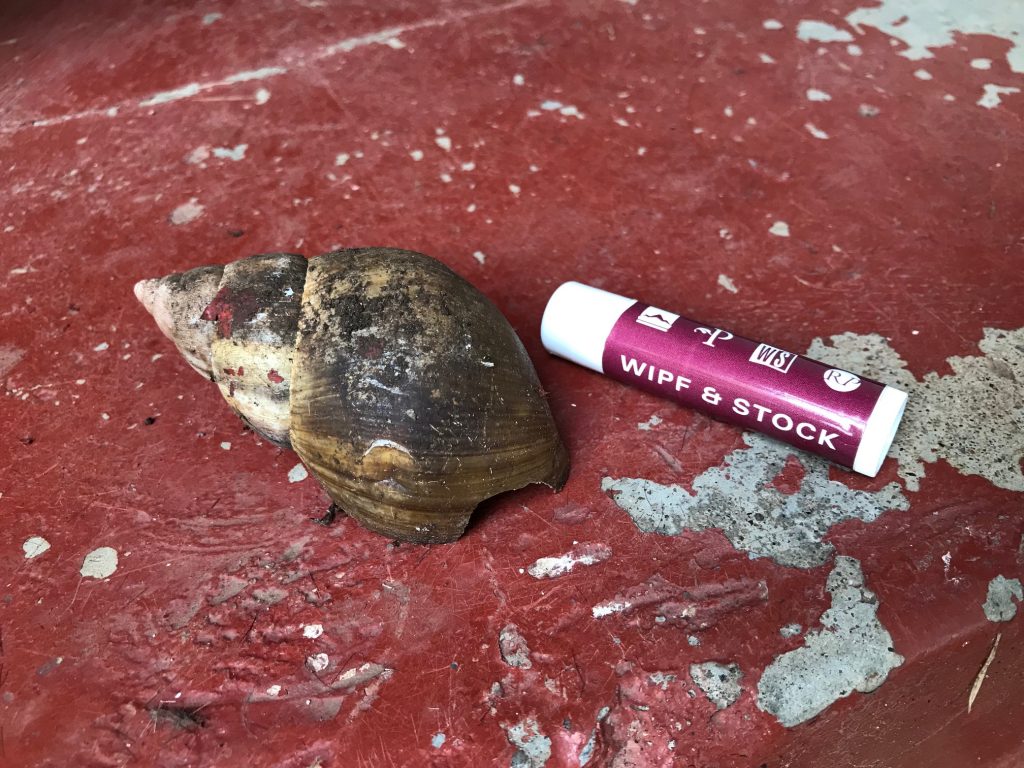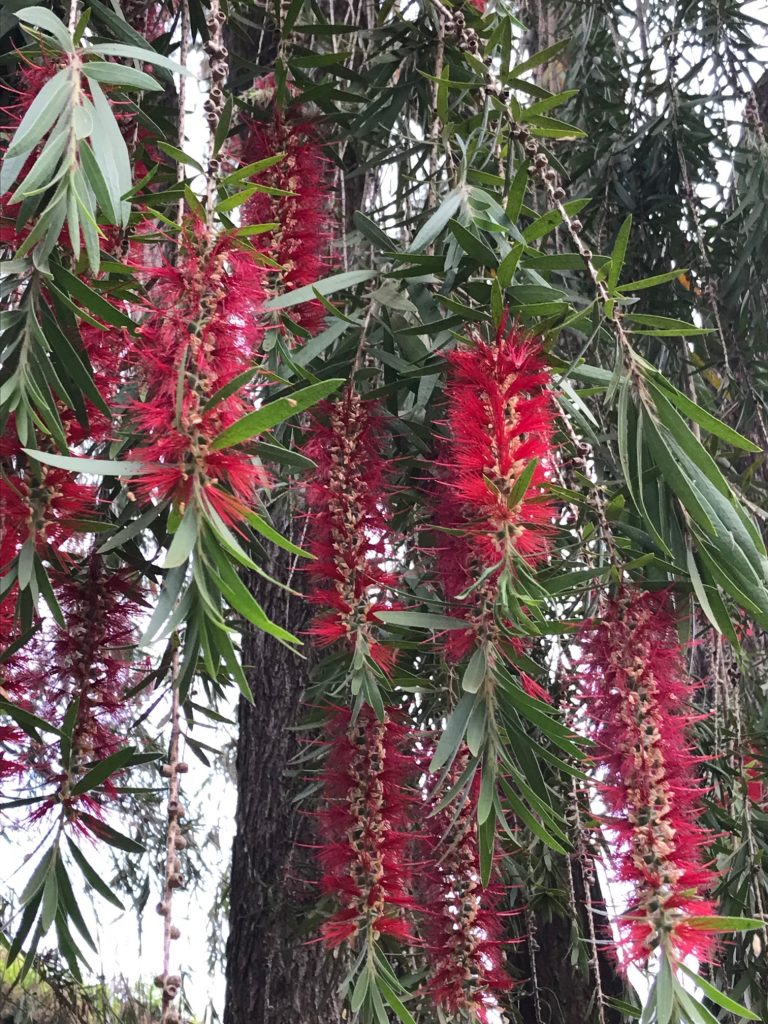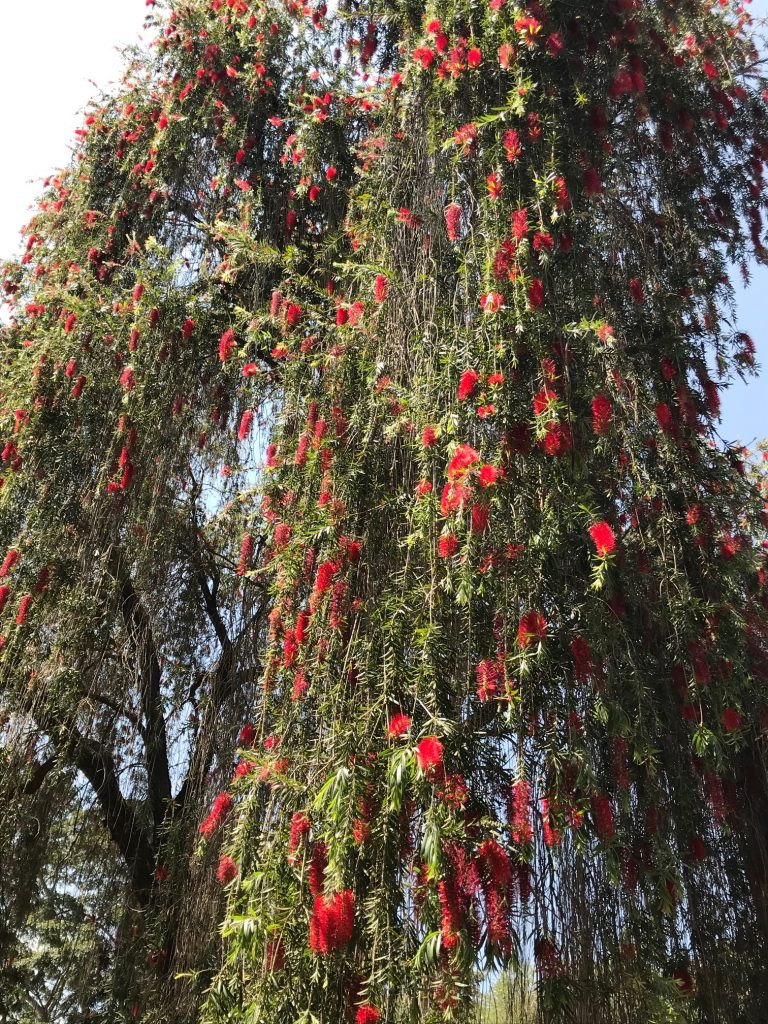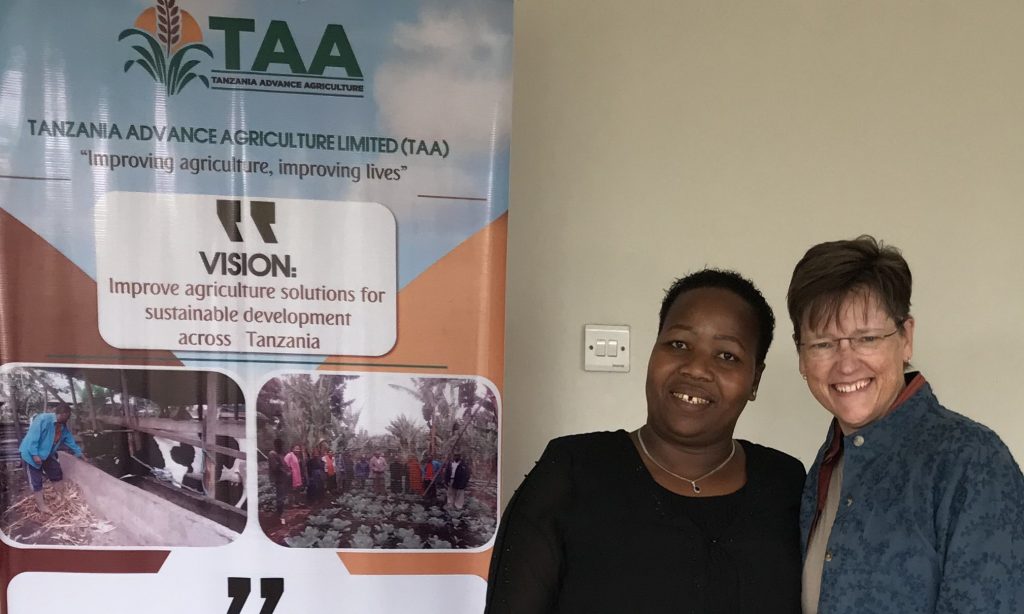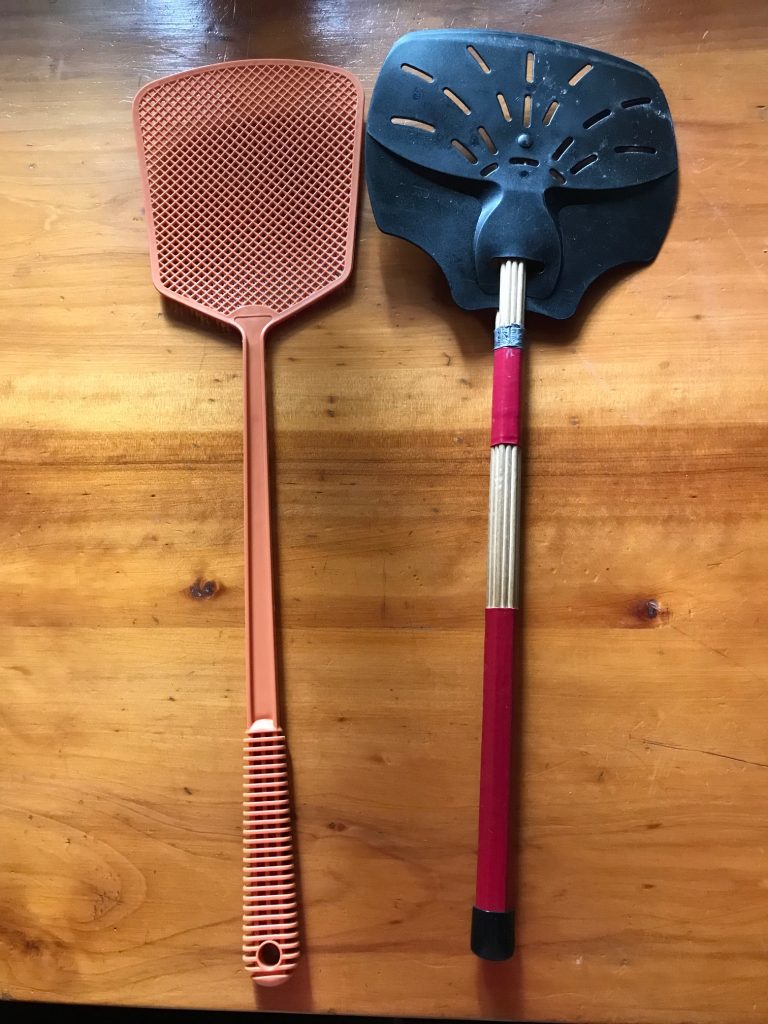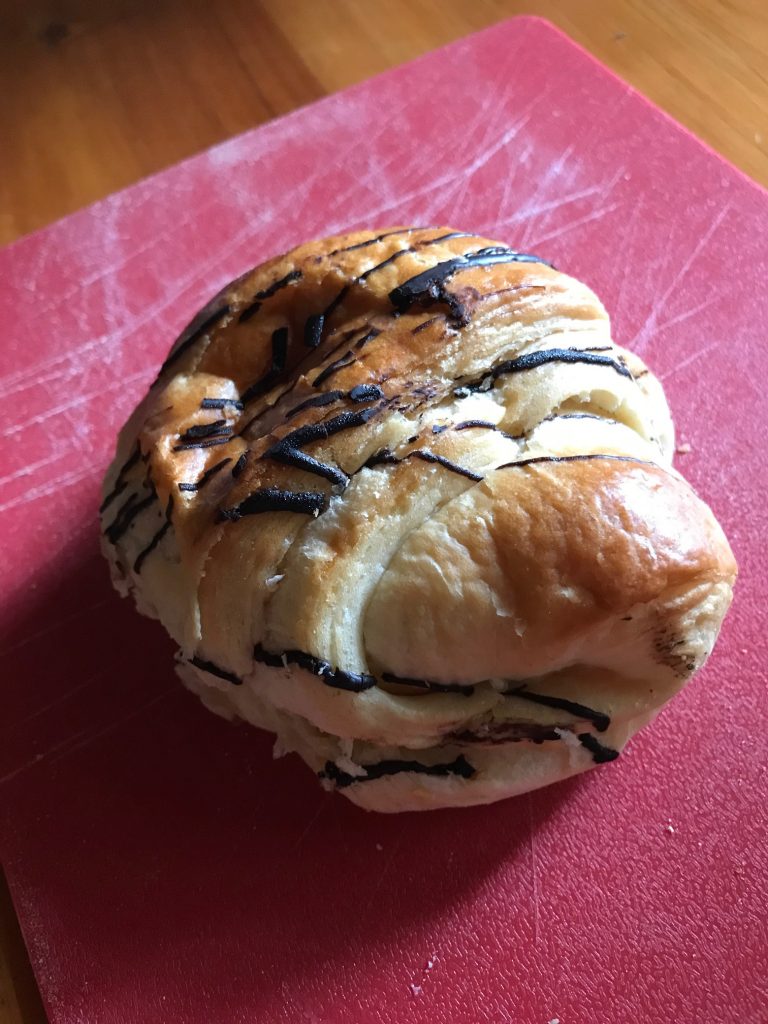Part of my preparations this month are reading the Tanzanian government environmental policies and master planning documents, with several major documents since 2007. Today, I was continuing with the Philip Isdor Mpango, ed., “National Environmental Master Plan for Strategic Interventions (2022 – 2032)” (United Republic of Tanzania Vice President’s Office, June 2022), 85, https://www.vpo.go.tz/uploads/files/MASTER%20PLAN-English_eBOOK_FINAL.pdf.
So, here are bits of non-trivial trivia related to waste management. Remember that Tanzania is a bit bigger than Texas with 61 million people, which grew 37% since 2012.
Solid waste management: “Only 10 out of the more than 100 urban centers in the country have sewerage [sic] systems…” yet these systems serve on average less than 20% of the local population (p. 115). In Arusha, it is only 7.5% of the population (p. 116). Then of the 10 sewer networks, only one was constructed after colonial times (1976 in Mikocheni), recalling that Tanzanian (then Tanganika) gained independence in 1961.
It is estimated that 1% of the Tanzanian GDP is lost due to inadequate sanitation, with factors including productivity losses while sick and money spent on healthcare (p. 120).
TUMA has some garbage cans posted around campus, where I deposit any plastics. I fervently try to avoid single use plastics, but things like sugar and salt come in plastic bags. I actually have a pile of these bags to try to reuse. I checked with my former ELCA colleague, Randy, and the non-plastic paper things will be burned in the back yard. Most of the neighbors burn plastics, which I can smell in the putrid smoke, and then I close my window.
So, here is your environmental lesson for the day. Burning plastics at low temperatures (not in industrial incinerators with scrubbers on the smokestacks) release toxic chemicals into the environment that are dangerous to humans.
“…burning of Poly Vinyl Chloride liberates hazardous halogens and pollutes air, the impact of which is climate change. The toxic substances thus released are posing a threat to vegetation, human and animal health and environment as a whole. Polystyrene is harmful to Central Nervous System. The hazardous brominated compounds act as carcinogens and mutagens. Dioxins settle on the crops and in our waterways where they eventually enter into our food and hence the body system. These Dioxins are the lethal persistent organic pollutants (POPs) and its worst component, 2,3,7,8 tetrachlorodibenzo-p-dioxin (TCDD), commonly known as agentorange is a toxic compound which causes cancer and neurological damage, disrupts reproductive thyroid and respiratory systems. Thus, burning of plastic wastes increase the risk of heart disease, aggravates respiratory ailments such as asthma and emphysema and cause rashes, nausea or headaches, and damages the nervous system” (p.701).
Verma, Rinku, K. S. Vinoda, M. Papireddy, and A. N. S. Gowda. “Toxic Pollutants from Plastic Waste- A Review.” Procedia Environ. Sci. 35 Waste Management for Resource Utilisation (2016): 701–8. https://doi.org/10.1016/j.proenv.2016.07.069.
I met with Randy yesterday, who is amazing with what he has accomplished here in around 12 years. He came as a 1-year volunteer to help get a music program off the ground (originally funded by the Church of Sweden). Now there is an amazing Cultural Art Center with a staff of 19 musicians, dancers, technicians, and administrators. When I bring student groups, we visit the Cultural Arts Center and have opportunities to drum and dance along at times. The Royal Academy of Music in Denmark will have students here in December and half of January with lessons in drumming and dancing at the CAC.
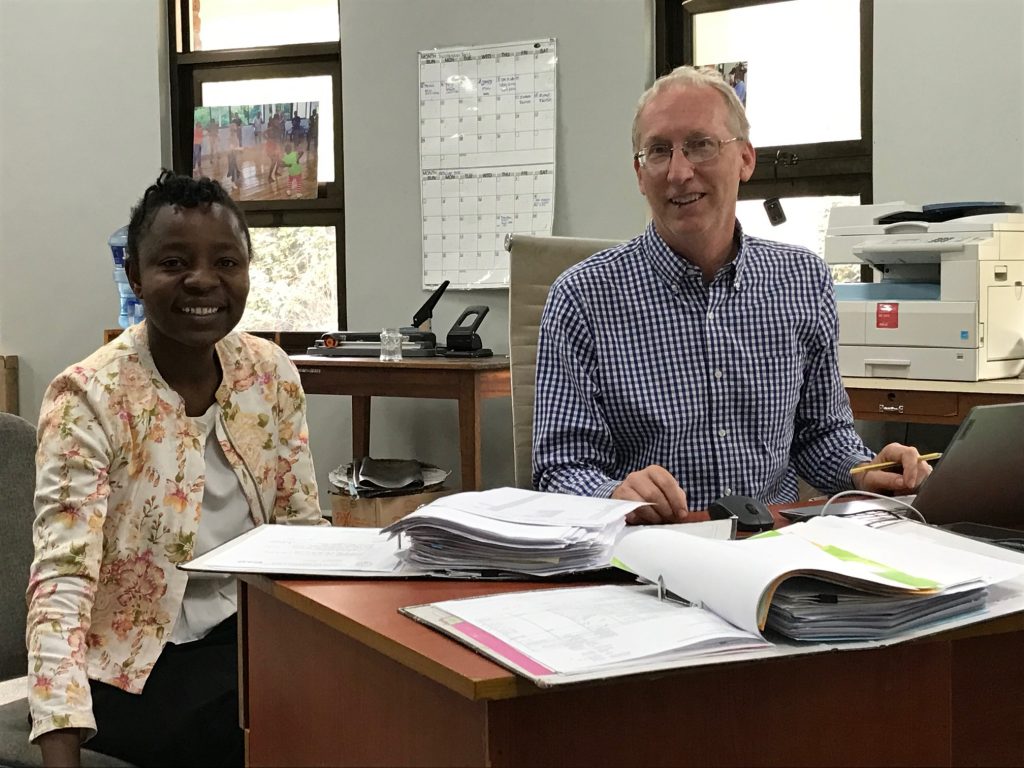
Glory and Randy
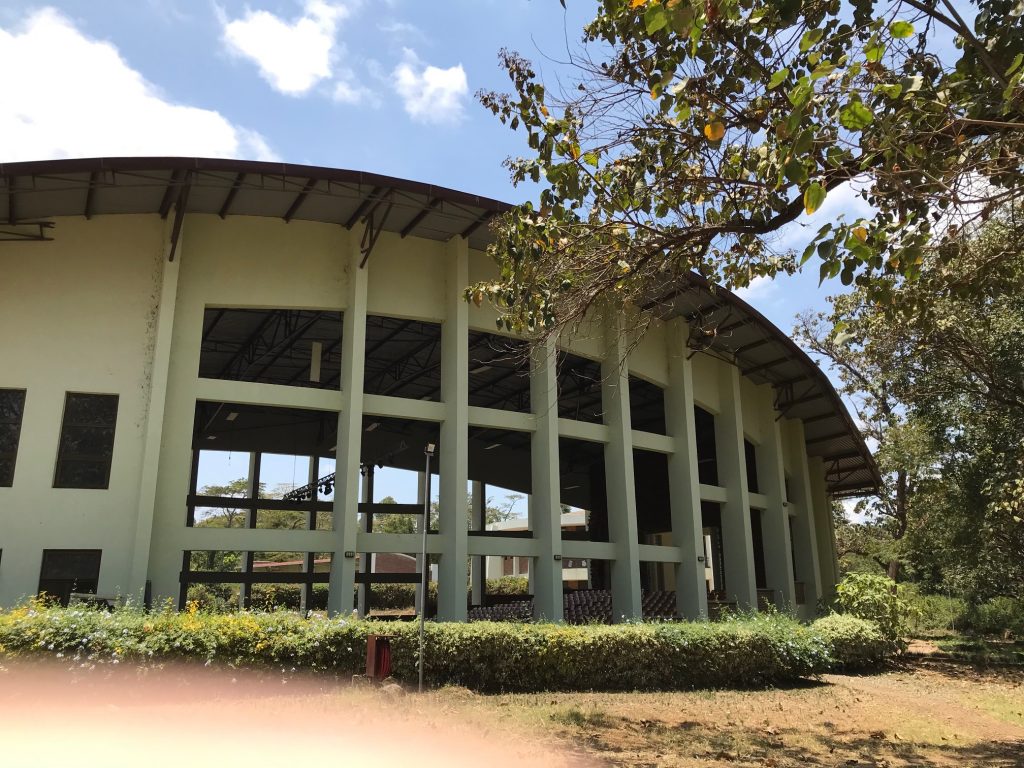
The Cultural Arts Center outside
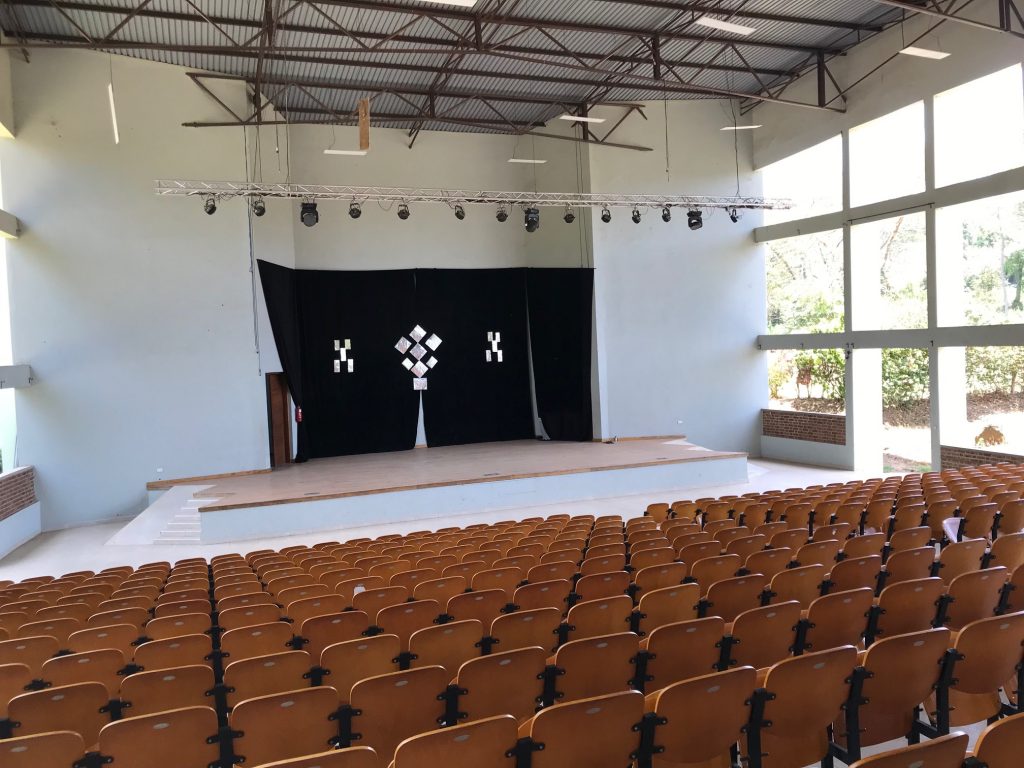
The Cultural Arts Center inside
Back to Randy, who informed me that there actually is a plastic bottling program that pays for turning in bottles! So, why are there so many bottles littered around the campus and especially on the roads?
Mungu akubariki! (God bless you!)
